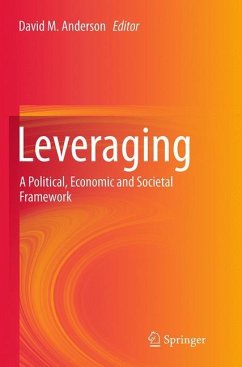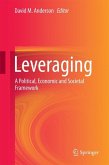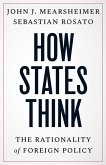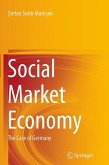This book considers the current domestic and global political and economic landscape and will show that there are three different but related kinds of leverage that together have emerged as the dominant strategy in economics, politics and international relations. The economic crisis of 2008-09 was called by most economists a crisis of "over-leverage." Yet no one has argued that there has also been a leverage crisis or at least a "leverage challenge," in other aspects of life. The This book argues that there is a "leverage mean" in between the extremes of too little leverage and too much leverage that provides the basis for resolving the various crises and challenges. This book, which grows out of a Brookings Institution paper "The Age of Leverage," will analyze bargaining leverage, resource leverage and economic investment leverage and should draw the attention of students and teachers in political and economic philosophy.
"This book has introduced the leverage mean concept and developed a leverage framework to analyse a wide range of economic, social, and political issues. ... The book is quite philosophical and could be an eye-opener for many academics. The approach is innovative and results are appealing and interesting. It is very useful in motivating us to think about many social or political issues from a new angle for a better and deeper understanding." (Steven Li, Economic Record, Vol. 92 (296), March, 2016)








